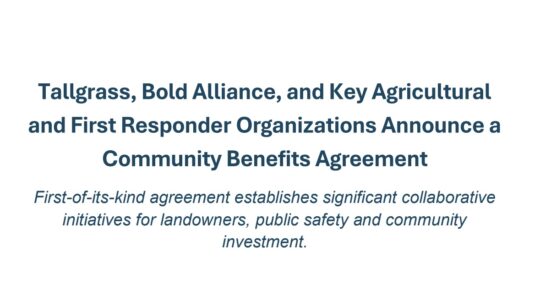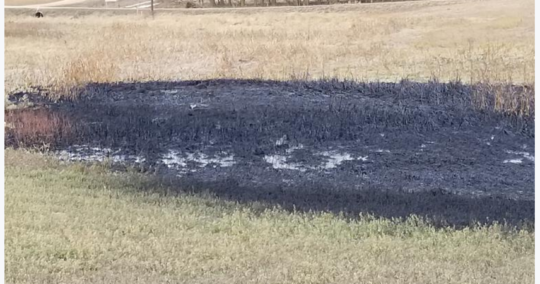While this is a week of turkey, allow me just a few minutes to draw your attention to duck. Lame duck, that is. While the new kids on the block have already arrived at Capitol Hill for their orientation, the 111th Congress has some unfinished business to take care of before saying “adios” in December. The lame duck session, which began Monday, November 15th and is expected to last until mid-December, contains high-profile legislation, some of which has been in the works for over a decade. However, there has been a public push from the Right to refuse passage for any legislation in the session.


And with that, here’s the Bold Roundup, Lame Duck Edition:
Food Safety: This is a piece of legislation near and dear to Jane’s heart. This bill, the Food Safety Modernization Act (S. 510), would give the FDA the power of mandatory recall. In light of the recent salmonella outbreak in Iowa, we think that is a very good idea. Addtionally, the bill exempts small farmers from the (often) crippling regulations that big farms can afford. To counter this, small farms will get a “one-strike” policy on foodborne illness outbreaks. On November 18 the Senate invoked cloture, which means the bill cannot be filibustered. It has not yet reached a vote, but it’s looking like the bill will come to a vote on Monday, November 29.
DREAM Act: The Defense, Relief, and Education for Alien Minors (DREAM) Act (S. 729), introduced in 2001, would create a path to citizenship through military service or college for undocumented minors who have lived in the US for years. The bill requires that the minor had entered the US before the age of 16, spent a minimum of five years here, graduated from an American high school, obtained a GED or acceptance to university, be between 12-35 years of age and have good moral character. The bill is retroactive so it would not apply to any undocumented students who enter the country after it is passed, thus it’s not an incentive for more undocumented workers to cross the border.
The GOP has vowed to block any efforts to pass the DREAM Act, but Reid is making good on his campaign promise to bring it to a vote. The DREAM Act will allow millions of undocumented students to continue their education instead of being penalized for a choice they did not make. Nebraska already has a version of this bill in place, and we here at Bold have our fingers crossed for the national version, too. It is expected to come to a vote on November 29. Senator Nelson has said he will vote “no” on cloture which will make the bill harder to pass.
Don’t Ask, Don’t Tell: A repeal of Don’t Ask, Don’t Tell, a policy that prevents openly gay men and women from serving in the military, is currently still attached the defense-authorization bill. However, Senate Armed Services Committee chairman Sen. Carl Levin (D-MI) has indicated that he would consider a stand-alone bill.
Like the DREAM Act, Reid has promised action on DADT during the lame duck, so chances are we will definitely see a vote on this legislation. In the past, Nelson has supported repeal of DADT, and his office claims that he will vote for it again. If you care about this policy, we urge you to call Nelson’s office and express your support. On this bill, it really might make a difference.
Bush Tax Cuts: A hot topic, to be sure. Both parties want the cuts extended for those making under $250,000 a year, but Republicans are pushing to extend them for the wealthy, too (even though it would spike the deficit). The tax cuts have come in at the most important issue to Americans of all those being addressed in the lame duck session. The Obama administration has pushed back against the GOP on the issue, so a fight of rather epic proportions may be in store just as we head into the holidays. Even Warren Buffett has weighed in on the issue and said the rich need to pay higher taxes.
Unemployment Benefits: Federal unemployment benefits, which kick in after the state benefits run out, can help people receive up to 99 weeks of unemployment benefits. Extending federal unemployment benefits is a pet-issue for Congressional Democrats, but one which does not make Republicans enthusiastic. If the Emergency Unemployment Compensation is left to expire on November 30, 2 million people will lose benefits in December, with an additional 6 million in January.
Spending: Because none of the 12 annual spending bills have been passed yet this year (even though we’re almost two months into fiscal year 2011), the government is currently being funded on a stop-gap measure that expires December 3. The government must either pass an omnibus spending package or a second term extension that will allow us to avoid a government shut down.
Democrats in the Senate are reportedly preparing for a $1.08 trillion omnibus package of discretionary spending, the maximum that Senate Republicans are willing to accept. We will definitely see something happen on this issue, because without it, the wheels on the bus will stop turning altogether. When the bill passes, expect a stink from the Tea Party about reckless government spending.
New START: The New Strategic Arms Reductions Treaty (New START) is an agreement with Russia that allows both nations regular inspections of the other and calls for serious arms reductions. Both President Obama and Secretary of State Clinton have pushed for the ratification of New START, but have met opposition from the right, including a NYT Op-Ed from former Bush UN Ambassador John Bolton. About 75% of the public thinks New START should be ratified.
The treaty has become a battleground between Obama and the GOP, with some calling it the biggest gamble Obama has taken yet on foreign policy. We here at Bold agree with the folks at Global Zero: the only good nukes are no nukes.
















